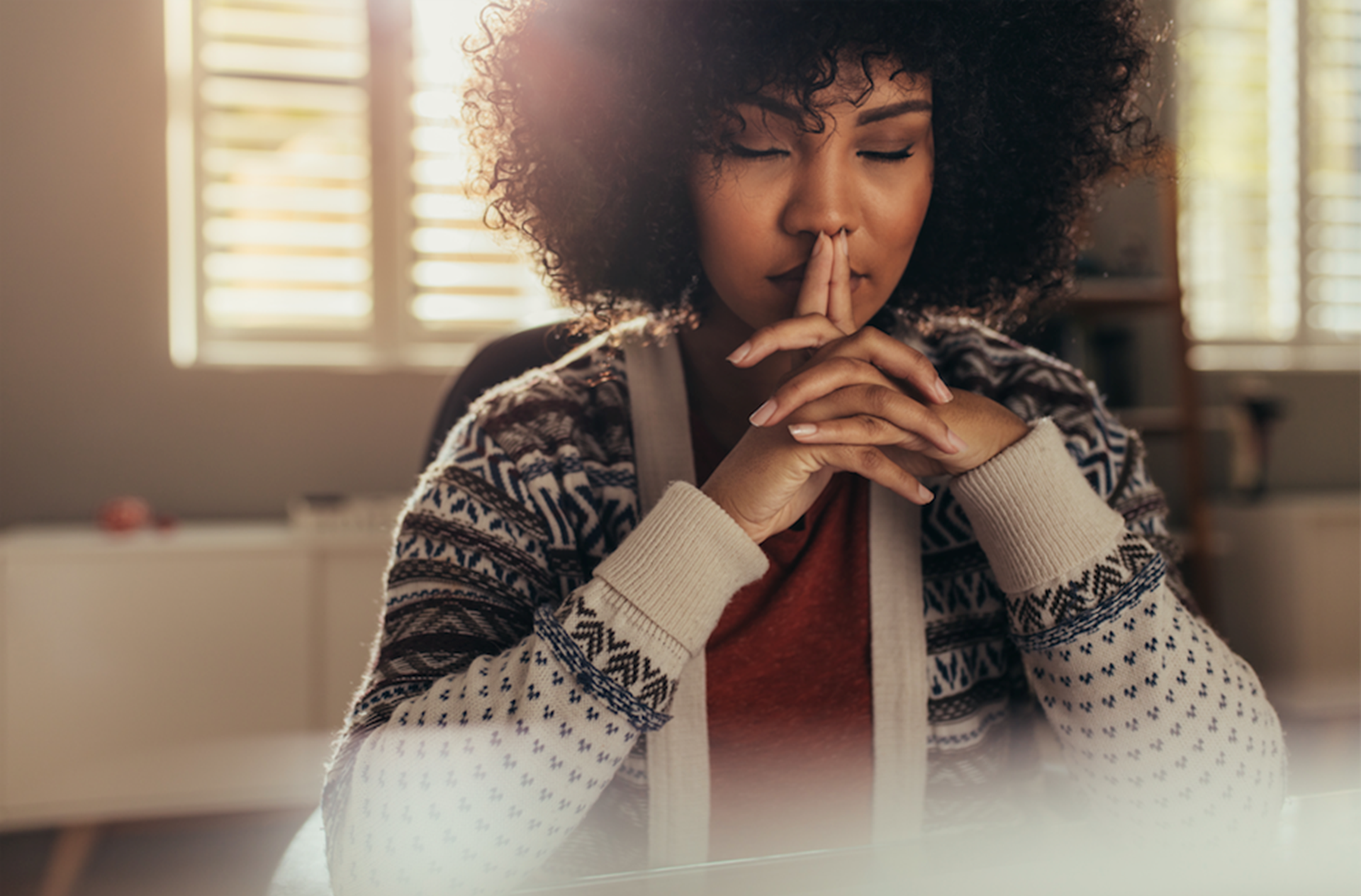Mental Strategies to Cope with COVID-19 and Avoid Relapse
Published: 01/04/2020
How does the pandemic affect mental health?
The outbreak of the virus COVID-19 has caused anxiety and stress for many people. When daily life is disrupted and sickness surrounds us, it is normal to feel overwhelmed and uncertain about your future.
Recent restrictions from the Government to protect society and prevent further spread of the virus mean we also face the challenge of self-isolation. Staying at home and avoiding any social contact isn’t beneficial for our mental health. It can provoke feelings such as loneliness, helplessness and more stress, increasing the risk of relapse for many people in recovery from substance misuse.
Stress has many different faces and everyone has different strategies to cope. In our current challenging times, it’s useful to activate positive coping strategies by using mental resources to improve overall mental health and lower the risk of relapse.
Coping strategies to manage stress and prevent relapse:
There are many mental resources available we can use in times of uncertainty and panic. Staying calm and applying a gentle attitude towards yourself is the foundation of stress management and can help to cope with anxiety and cravings.
- Challenge negative thinking patterns: Practicing self-acceptance and acknowledging that we have no control over current circumstances helps to accept challenging times and take things as they come along. A positive mental attitude builds the foundation for a calm and strong mind which is able to adjust to new and sometimes extreme circumstances. One way to transform worry and negative thinking into a more positive style of thinking is to transform crisis into opportunity. The new situation gives us the unique chance of pressing pause from our busy lifestyles and offers time to nurture yourself and even self-reflect on your recovery journey.
- Limit media exposure: It is useful to stick to reliable sources to keep up to date with news, however overall media exposure should be limited. Hearing or reading about the pandemic on a regular basis increases anxiety and stress levels.
- Use mindfulness and meditation techniques: Mindfulness is a powerful tool that can be used at home without any cost. The extra time, which is available due to self-isolation, can ideally be used to simply bring awareness to breathing and practice self-love and compassion. Daily life can be very stressful and hectic, therefore extra time to find calm can be seen as a gift to nourish your mind and feel grounded. There are many mindfulness exercises available online, focusing on relaxation or helping to cope with cravings.
- Practice self-care: Looking after your needs by applying good self-care practices can help to lower anxiety levels and improve overall well-being. Staying mentally healthy in stressful times is the foundation to lower the risk of relapse. Examples of good self-care include eating healthy food, reading or listening to music, getting a good night sleep and staying physically active. Remember, you are allowed to leave the home once a day for exercise.
- Stay socially connected: If going outside to meet people isn’t an option, it is important to stay connected with friends and family as much as possible. There are many different options to stay in touch with loved ones, phone and social media isn’t the only option, writing a thoughtful letter can be fun and is a great way to feel connected to others and yourself.
- Coping with triggers and cravings: Firstly, apply some structure and purpose to your day to avoid relapse. Secondly, it is important to ask for support if things get challenging. Bottling up emotions can trigger relapse, sharing feelings and find ways to communicate is necessary when experiencing mental discomfort. Lastly, get creative. Focus on things you enjoy and distract yourself a bit from negative news, expressing your thoughts by discovering new hobbies such as doing art, learning an instrument or explore one of many visual tours offered online.
How Right at Home Central London supports your recovery?
The highly skilled Addiction Recovery Support team of Right at Home Central London aims to improve everyone’s individual recovery journey. During these worrying times, our team offers bespoke support for anyone who is self-isolating or would like additional support to lower their risk of relapse.
Our service is available via video calls to ensure the safest support support possible, giving clients the tools to keep managing their continued clean and sober recovery. Our team is fully qualified to provide unique assistance.
Don’t sit alone feeling stressed and isolated – we are only a phone call away!

